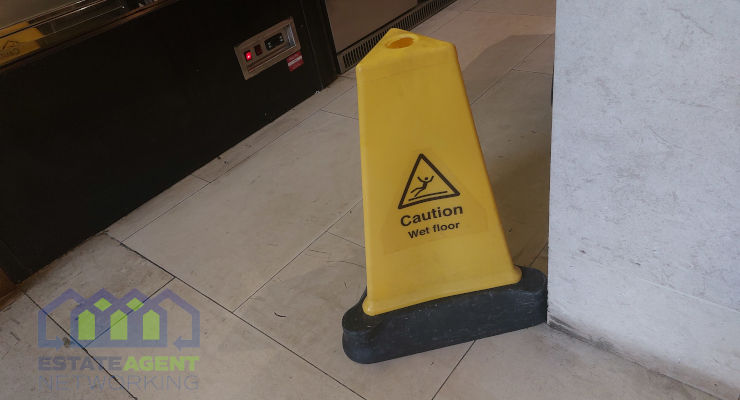Why securing a mortgage for buy to let properties is about to get harder
It’s been a challenging year for buy to let landlords. With changes in buy to let mortgage tax relief and affordability stress testing, it’s little wonder buy to let purchases have fallen by almost 50%. Many of those deterred from securing a mortgage for buy to let properties would have been amateur landlords, such as those purchasing a buy to let to generate additional income. For portfolio landlords, there are more challenges on the horizon.
The Prudential Regulation Authority (PRA) plans to introduce stricter underwriting standards for landlords with more than four mortgaged properties. If you’d like a further overview of the effect these changes will have on landlords, check out our analysis here.
However, borrowers aren’t the only group who will be affected by this. Tougher underwriting standards mean lenders will therefore need more information during the application process. Although some lenders will be using external software to deal with the extra admin, other lenders have indicated they will pass this work on to buy to let brokers.
How long will a mortgage for buy to let properties take?
This will have a knock-on effect on the amount of work brokers are able to do, and the speed at which they can resolve cases. Different lenders will have different policies—and brokers could be expected to work across these policies, with a solid understanding of each. This could place a huge time pressure on brokers, increasing how long a mortgage for buy to let properties takes. This may even lead some brokers to withdraw from buy to let broking.
At Enness, we retain our commitment to providing unparalleled levels of customer service—but there’s no denying the PRA changes will make working on portfolio landlord mortgage applications more challenging.
If possible, I would advise landlords who are considering remortgaging to contact us as soon as possible to discuss your options. Buy to let remortgage transactions have risen over the last few months; interest rates are currently very low, so landlords are motivated by both cheap borrowing and the prospect of a more difficult application process.
By Anna Thompson – Associate at enness.co.uk









